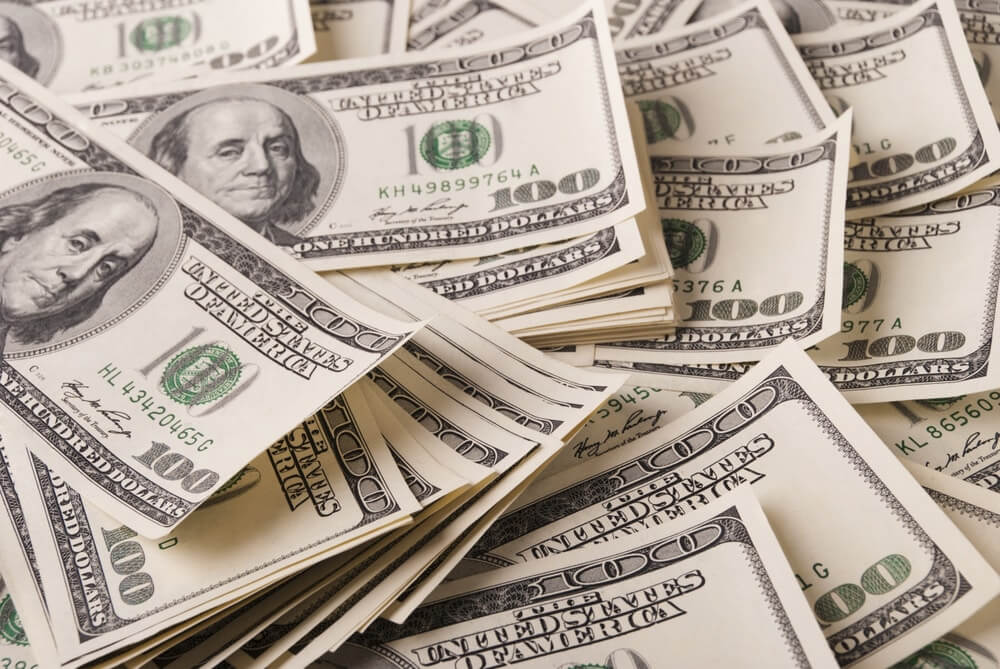
More Losses for the Weakening Dollar
The dollar weakened in early European Forex trading on Tuesday. Political wrangling over the U.S.’ coronavirus relief bill and the gloomy economic outlook kept investors shy of the currency.
At 2:50 AM ET (0650 GMT), the U.S. Dollar Index was down 0.1% at 93.442.
Elsewhere in forex, USD/JPY gained 0.1% at 106.05 and GBP/USD rose 0.1% at 1.3078. Moreover, EUR/USD was up 0.1% at 1.1775.
After its worst month in a decade in July, the dollar posted gains on Monday. Better-than-expected manufacturing data helped the greenback, but this positive tone has been short lived.
Weighing heavily is the inability of the U.S. lawmakers to agree on a new COVID-19 relief bill. It’s been hitting optimism for a prolonged recovery.
This is in contrast with the recent agreement in Europe of a proposed 750 billion euro recovery fund.
Adding to the dollar woes is the narrowing of government bond yields between Europe and the United States.
The roots of the dollar depreciation cycle now in trains lie in the sharp compression in previously USD-favoring yield differentials. On this basis alone, there should be much more to come by in way of the dollar’s weakness. This was stated in a research note by analysts at the National Australia Bank.
With that being said, it’s not only the perceived riskier currencies that the dollar is losing ground against.
The Situation is Bullish for the Dollar
In Forex news, analysts at ING said the yen and Swiss franc have gained versus the greenback in positioning terms. This can be seen as further evidence that investors are finding less and less interest in buying the dollar.
As a safe-haven asset compared to the alternative low-yielders, the dollar is losing its luster.
This seems to be largely a function of the rising idiosyncratic risks facing the dollar on the domestic side. A worsening Covid-19 contagion picture keeps postponing most US states’ reopening plans.
This suggests more restrictions are on the cards. ING added that it also casts further doubts about the prospect of a rapid economic rebound.
Meanwhile, investors are betting on the U.S. dollar to decline in the medium term. This makes the key assumption that a vaccine against the novel coronavirus will be available comparatively soon. This was according to the Bank of America.
This is due to the fact that Europe and Asia have a higher chance of fresh waves of infections. Especially, if the development of a vaccine prolongs greatly.
And that’s a scenario that’s bullish for the dollar, said David Woo, a strategist at the bank.




